As President Donald Trump weighs policies to address undocumented farm labor, border czar Tom Homan made it clear that the administration will not grant amnesty to undocumented farmworkers. Speaking with POLITICO’s Dasha Burns during The Conversation, Homan emphasized that while discussions are ongoing, involving the Departments of Labor, State, and Agriculture, the White House will not tolerate businesses that “knowingly break immigration laws.”
“No one hires an illegal alien out of the goodness of their heart,” Homan said. “They hire them because they can work them harder, pay them less, and undercut their competition with U.S. citizen employees.”
Homan also pointed to tax evasion, labor trafficking, and exploitation within the undocumented labor system as key reasons for his stance. He criticized those who argue against deporting undocumented workers, including podcast host Joe Rogan, insisting they don’t understand the “ugly underbelly” of illegal immigration that he’s witnessed firsthand.
Despite Homan’s hardline message, Trump has suggested the administration might craft a legal pathway to ensure U.S. farmers and producers have the labor they need. The president has reportedly floated ideas such as adjusting the H-2A visa program or creating a “touchback” program, where undocumented workers could leave and reenter legally—a concept that has sparked pushback among MAGA loyalists.
The tension underscores a major divide in the Trump camp. On one side, figures like Agriculture Secretary Brooke Rollins support solutions that help farmers navigate labor shortages. On the other, Homan, DHS Secretary Kristi Noem, and White House Deputy Chief of Staff Stephen Miller oppose any policy resembling leniency.
The issue escalated last month after Trump temporarily paused ICE farm raids following a conversation with Rollins, a move that enraged immigration hardliners. It flared again recently when MAGA influencer Charlie Kirk accused the “ruling class” of pushing amnesty. Trump and his Cabinet have since doubled down, declaring there will be “no amnesty” for undocumented farmworkers.
While administration officials are exploring changes to guest worker programs, Homan insists that enforcement must remain firm.
“People need to understand the whole world of illegal migration before they form an opinion,” Homan said. “I’d rather have a room full of different opinions than everybody coming in and just being a yes man.”
With an estimated 320,000 undocumented laborers currently working in U.S. agriculture, the debate highlights the complex balancing act between immigration enforcement and the country’s economic and food supply needs.

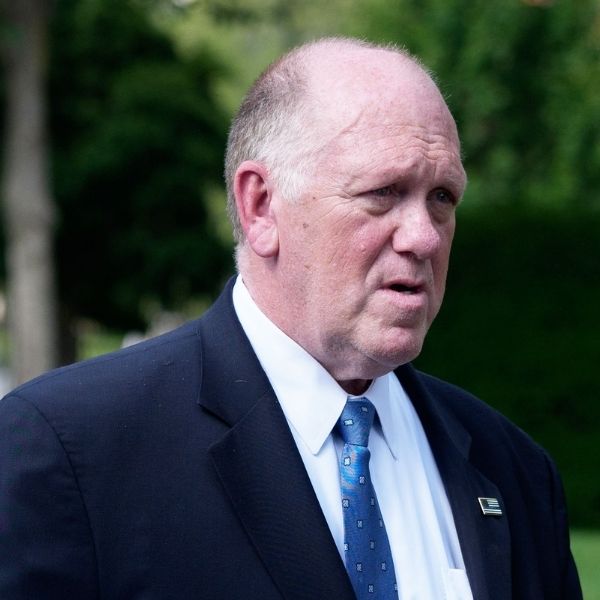


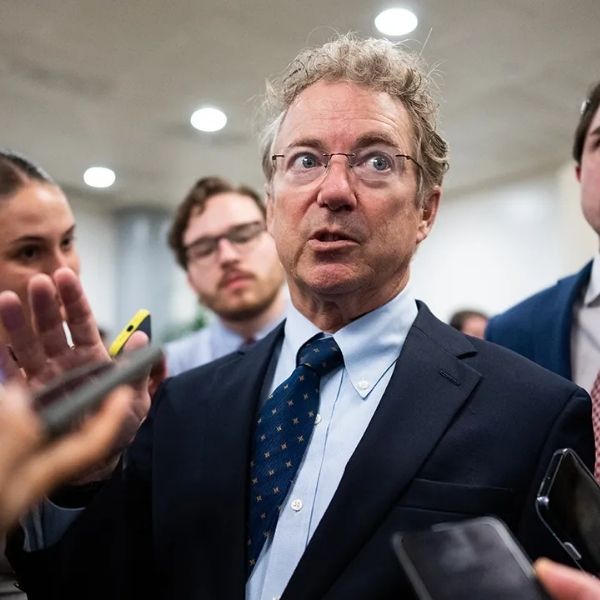

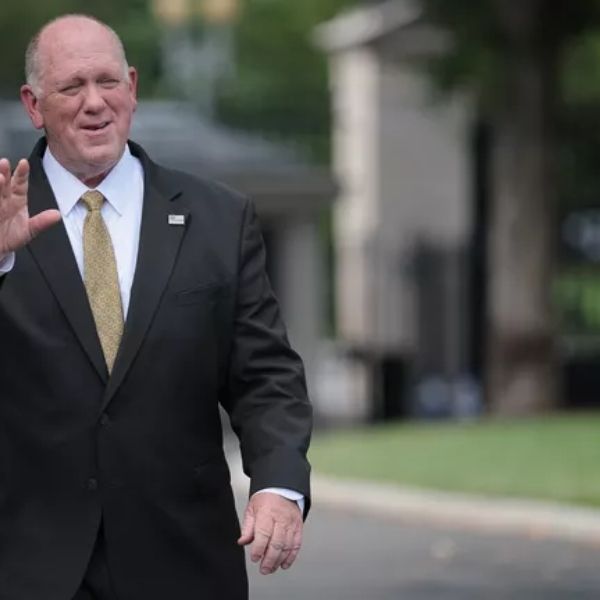
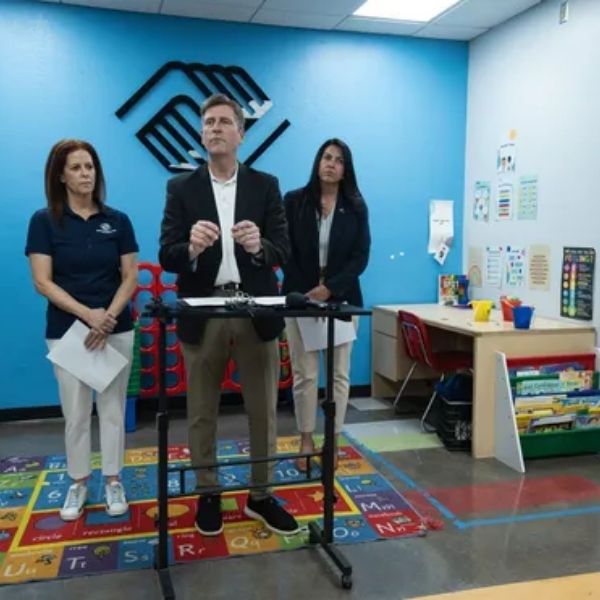


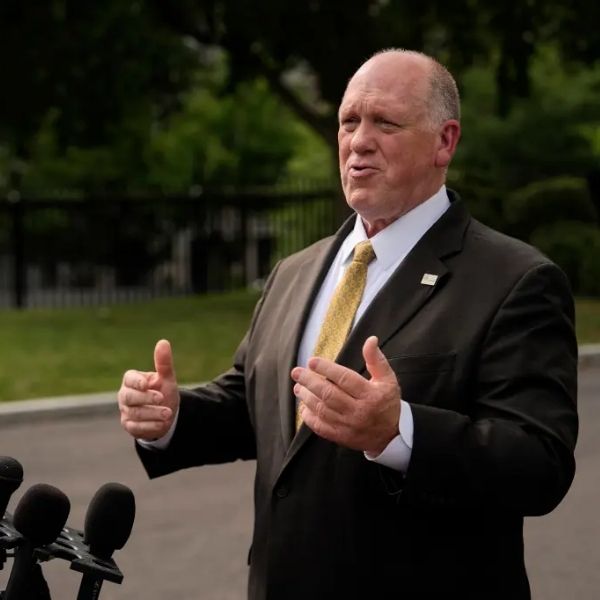





Leave a Reply